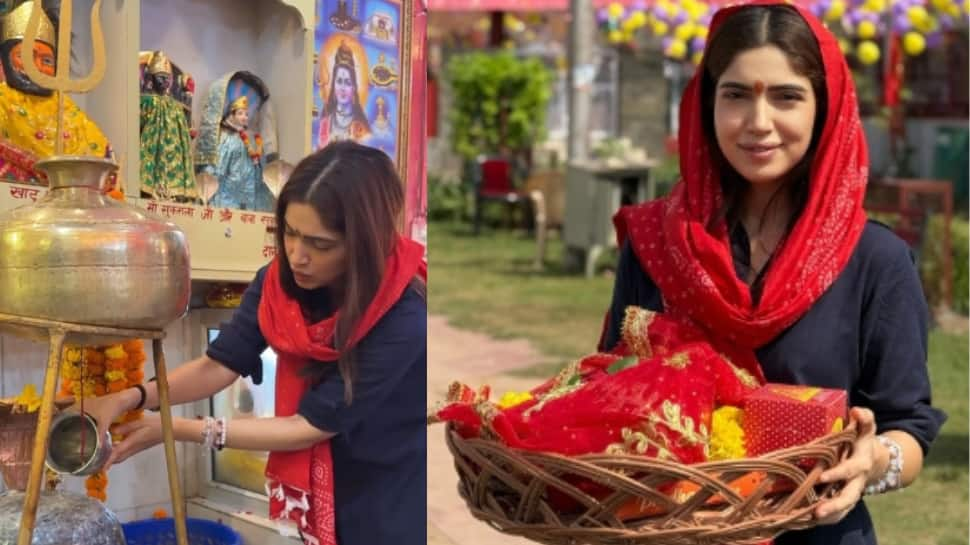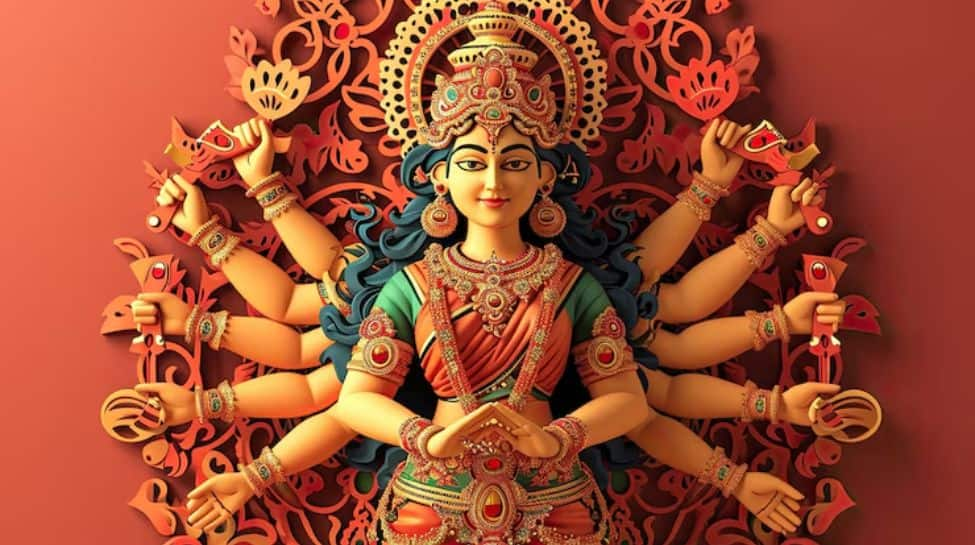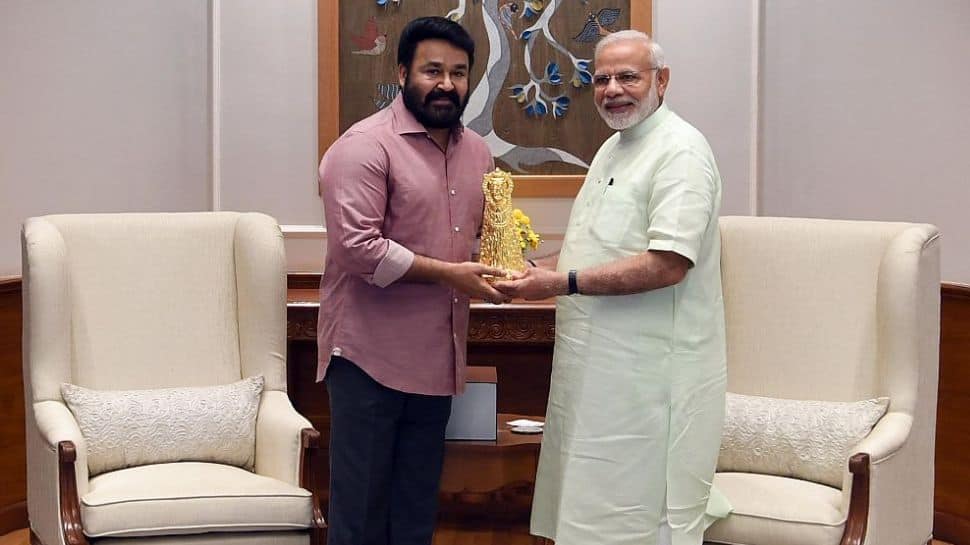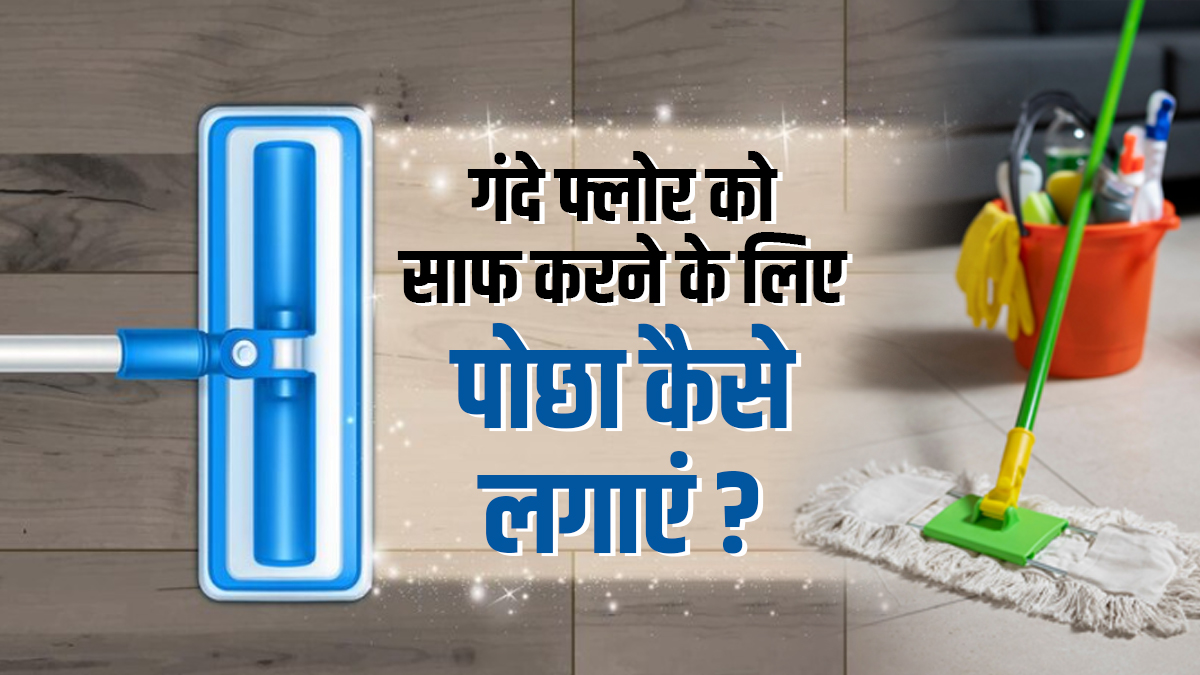Navratri, one of the most revered Hindu festivals, is celebrated with immense devotion and enthusiasm across India. In 2025, Sharad Navratri begins on Wednesday, September 24, and ends on Thursday, October 2. The nine days are dedicated to worshipping the nine avatars of Goddess Durga and are also marked by spiritual fasting and self-discipline.
Fasting during Navratri is not just a religious practice—it also helps detoxify the body and mind. However, it must be done correctly and mindfully to reap its full spiritual and physical benefits. Here are the essential dos and don'ts for Navratri fasting in 2025.
Navratri Fasting Dos
1. Know the Fasting Types
There are different ways to observe the Navratri fast:
Nirjala fast (without food and water) Phalahar fast (fruit and milk only)One meal a day (typically at sunset, with permitted ingredients)
Choose based on your health and capacity.
2. Eat Satvik Foods Only
Stick to ingredients considered pure and sattvic (spiritually clean), such as:
Fruits, milk, yogurt Sabudana (tapioca pearls), kuttu (buckwheat flour), singhara atta (water chestnut flour) Potatoes, sweet potatoes, pumpkin Sendha namak (rock salt)3. Stay Hydrated
Drink plenty of water, coconut water, and herbal teas to stay energized and hydrated throughout the day.
4. Break Your Fast Properly
Break your fast at the right time—usually after sunset or during the evening puja—and start with something light like fruit or water before moving to a full meal.
5. Perform Daily Puja and Chanting
Each day is dedicated to a different form of Durga. Offer flowers, chant mantras, and perform a simple puja to honor the goddess.
6. Get Enough Rest
Fasting can make you feel fatigued, so listen to your body. Get enough sleep and avoid overexertion.
Navratri Fasting Don’ts
1. Avoid Regular Salt
Table salt is not allowed during Navratri fasting. Replace it with sendha namak, which is considered pure and allowed during religious fasts.
2. Say No to Grains and Pulses
Wheat, rice, lentils, and legumes are strictly prohibited. Stick to fasting-approved flours and starches.
3. Don’t Eat Onion and Garlic
These are considered tamasic (impure) and are best avoided to maintain the sanctity of the fast.
4. Don’t Overeat Fasting Foods
Just because certain foods are allowed doesn’t mean they should be consumed in excess. Moderation is key to a meaningful fast.
5. Avoid Processed or Packaged Food
Pre-packaged "Navratri special" items often contain preservatives and hidden ingredients. Always read labels or better yet, prepare meals at home.
6. Don’t Neglect Health Issues
If you're pregnant, diabetic, elderly, or have any health conditions, consult a doctor before starting a fast. Modify your fasting style accordingly.
May Maa Durga bless you with strength, wisdom, and peace.
Stay informed on all the latest news, real-time breaking news updates, and follow all the important headlines in india news andworld News on Zee News.

 14 hours ago
14 hours ago



)


)






)
)
)
)


